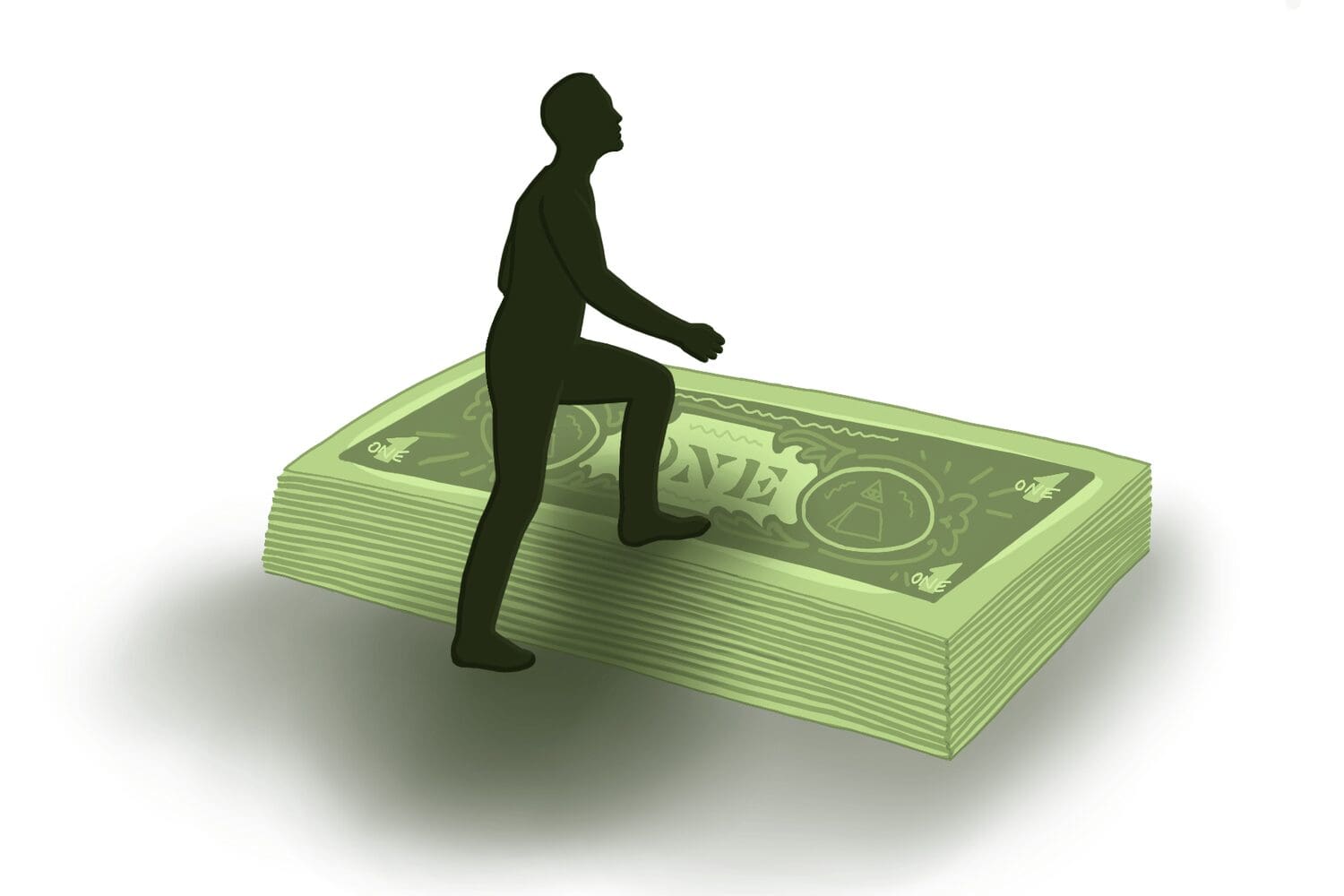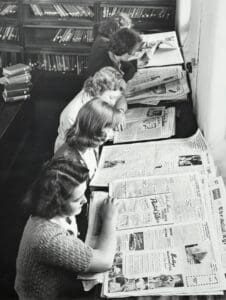“We hold these truths to be self-evident, that all men are created equal, that they are endowed by their Creator with certain unalienable Rights, that among these are Life, Liberty and the pursuit of Happiness.”
The Founding Fathers penned these words in the Declaration of Independence and laid forth a vision of what America could be. There is hope in these words — hope for a world in which all people have their basic needs met, have the freedom to make their own choices, and have the opportunity to pursue a meaningful life in their own way. We have not yet met this vision, but I believe that we have both the ability to achieve it and a moral obligation to do so. We need universal basic income in order to guarantee these rights to all Americans.
UBI advocate Scott Santens has noted that “Poverty is a legal status … Poverty is being legally excluded from having sufficient access to resources to exist.” The existence of poverty is an unnatural violation of people’s right to life. It should not exist and it does not have to. In the United States today there is enough food for people to eat and there are enough beds for people to sleep in. The issue is that basic needs like these cost money. Survival costs money. As a society, we have decided that those without money should not survive — but we can change that. We have a moral duty to change that. Not only do humans deserve, as a right, the basic necessities of survival, but furthermore, nobody has the right to come between a person and what they need to survive. A universal basic income can eliminate poverty entirely by giving people the ability to acquire their basic necessities and ensure the right to life for all Americans.
But survival is not enough; someone in prison has their basic needs taken care of, but that life is not enviable. People also have a right to liberty, defined here as freedom from coercion. In other words, it is the ability to say no. The choice between work and starvation is not a choice at all. That is not freedom. We have decided to structure our society such that most people have no choice but to sell their labor in order to survive. When a person’s life rests in the hands of their employer, they are not free. While we have many protections for workers, we have not abolished this one-sided relationship and the unjust coercive power that comes with it. UBI liberates people from financial dependence on others in every kind of relationship: freedom from exploitative work, abusive partners, and more. Critics of UBI claim that it would reduce people’s desire to work, but that very criticism reveals that much opposition to UBI comes from those who stand to lose their coercive power over others. If someone would quit a job once their basic needs were met, they were only working that job to meet their basic needs — to survive. Therefore, they were coerced into the job by the threat of poverty and did not take the job by their own free will. UBI gives people the chance to be truly free.
What will people do with their newfound freedom? Anything they want. Many people will keep their jobs; people often enjoy the structure, community, purpose, or extra income that comes with a job. Some, once they receive the financial security of UBI, will still work, but will quit their second or third job or limit their hours in order to do more of whatever they enjoy. Others will stop working entirely because those jobs are dangerous, exploitative, or otherwise unpleasant, as they should have the right to do. This reduction of work should be celebrated; our society can function perfectly well without much of the work that people are forced into today. Many people will then have more time to pursue the activities they find most meaningful. UBI recipients will spend more time with their kids and families. They will care for elderly and sick relatives. They will volunteer and start businesses. They will become artists and writers, journalists and students, dreamers and doers. We waste untold potential and systematically crush the human spirit because we force people into needless drudgery just to stay alive. We deny an integral part of the human experience by denying people the chance to create, to explore, and to pursue happiness.
Critics have disparaged UBI as “free money” or a gimmick. What they fail to realize is that money is not the point of UBI. Money is a means to an end: freedom. Freedom from poverty, freedom from coercion, and freedom to strive for self-actualization. Basic income is not charity or welfare. It is a right. We have both the ability and the obligation to end poverty, ensure liberty, and give every American the chance to find their own version of success. We can finally live up to the ideals of the Declaration of Independence and secure these natural rights. There is no reason to wait. The time for universal basic income is now.
Matthew B. Gilbert ’21 is a Computer Science concentrator in Adams House. His column appears on alternate Thursdays





















